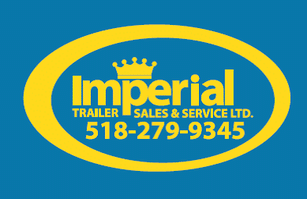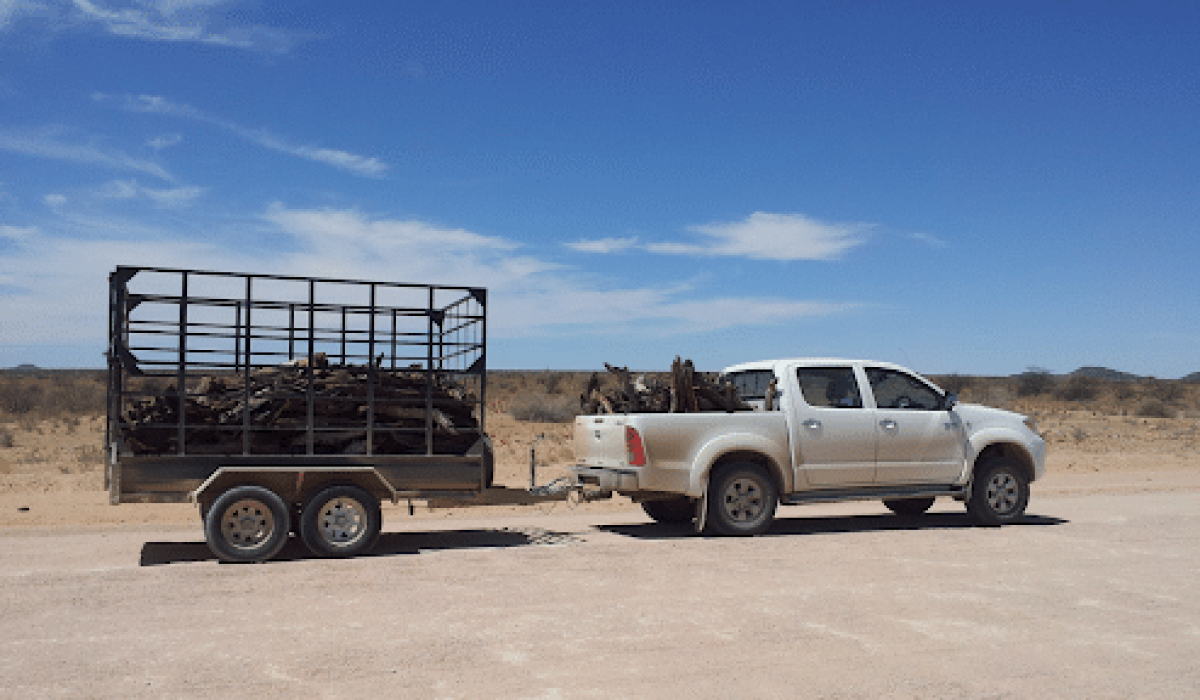Maybe you’ve been hauling a large family trailer for years, or you’re beginning a long weekend with a small travel trailer; towing a trailer is not an easy task. It’s a responsibility that requires know-how, and overlooking a crucial element can compromise safety.
For towing a trailer, follow these basic guidelines:
The Right Hitches
Hitches come in different sizes and weight transfers. When looking at buying a hitch, consider two numbers.
Gross Trailer Weight (GTW)
Maximum Tongue Weight. Tongue weight is the downward force that the trailer’s tongue exerts on the hitch that is connected to the vehicle.
Here you can then pick the appropriate hitch; they are split into five classes based on weight:
Class 1: 2000 pounds GTW/200 pounds tongue weight
Class 2: 3500 pounds GTW/350 pounds tongue weight
Class 3: 5000 pounds GTW/500 pounds tongue weight
Class 4: 7500 pounds GTW/750 pounds tongue weight
Class 5: 10,000 pounds GTW/1000 pounds tongue weight
The Right Vehicle for Towing
You must have the proper type of vehicle to tow your trailer. Certain vehicles can handle just about any towing need, while others are limited. First, decide on:
Towing Capacity
Towing capacity is the weight your vehicle can safely tow. The capacity is more than the loaded weight of your trailer plus the weight of any luggage and passengers you intend to carry in the SUV.
Large SUVs to midsize SUVs are suitable to tow. You’ll find different vehicles with different towing capacities in the guide U.S. News and World Report 15 Best Vehicles for Towing For 2021.
Trailer Lights
When you’re pulling your trailer, safety is key. Visibility is an important component of towing safety, with lighting playing a big part in it.
Your trailer lights must comply with the U.S. government’s lighting requirements for trailers. Based on the Society of Automotive Engineers (SAE) standards, the National Highway and Traffic Safety Administration (NHTSA) has developed requirements for vehicle lights. For compliance, refer to the Federal Motor Vehicle Safety Standard 108.
Trailer Wiring
By law, drivers must connect trailer lighting to the tow vehicle’s wiring system to provide trailer running lights, turn signals, and brake lights. You can achieve this by tapping into the tow vehicle’s electrical harness to transfer power to the trailer wiring system. For specific wiring systems, refer to Trailer Wiring Diagram.
Trailer Chains
Safety trailer chains are the chains connected from the trailer tongue to the tow vehicle, ensuring your trailer correctly connects to your tow vehicle. The chains are necessary to safely guide your trailer and maintain control as you drive to a safe stop in the event of a ball or coupler failure.
Imperial Trailers started in the 1940s as a service station and home heating oil business, and we began selling used camping trailers during the 1950s. We now sell new and used travel trailers, 5th wheel trailers, cargo trailers, dump trailers & horse/stock trailers. To see our entire lineup of products, visit us online to see our inventory and pre-owned inventory, or give us a call today at 518-279-9345.
Sources:
https://www.prolinetrailersales.com/news/things-to-know-before-trailer-purchase
https://www.consumerreports.org/car-safety/preparation-and-driving-tips-for-safe-towing/
https://www.popularmechanics.com/cars/how-to/a6791/the-right-way-to-tow-a-trailer/
https://www.weigh-safe.com/towing-safety/how-to-measure-tongue-weight-mrtruck-com/#:~:text=Tongue%20weight%20is%20simply%20the,condition%20known%20as%20trailer%20sway.
https://cars.usnews.com/cars-trucks/best-cars-for-towing

